Seven Actions You Can Take to Help Save our Birds
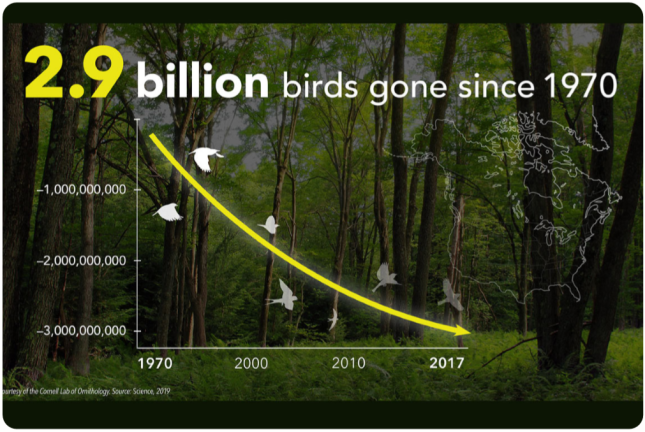
Did you know that since 1970 more than 1/4th of the birds have vanished from our skies? (https://www.birds.cornell.edu/home/bring-birds-back)
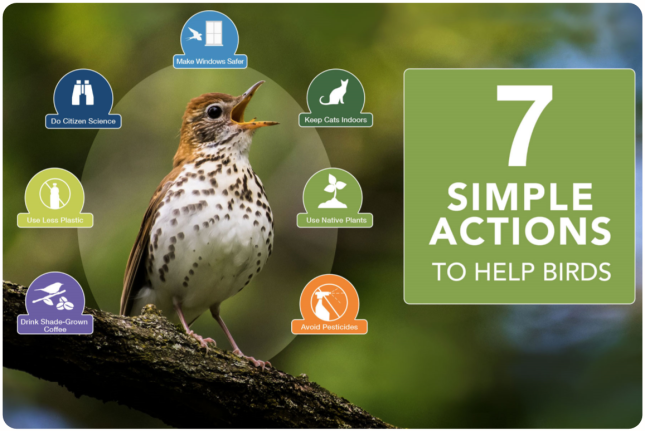
Here are 7 simple actions you can take to help your backyard birds.
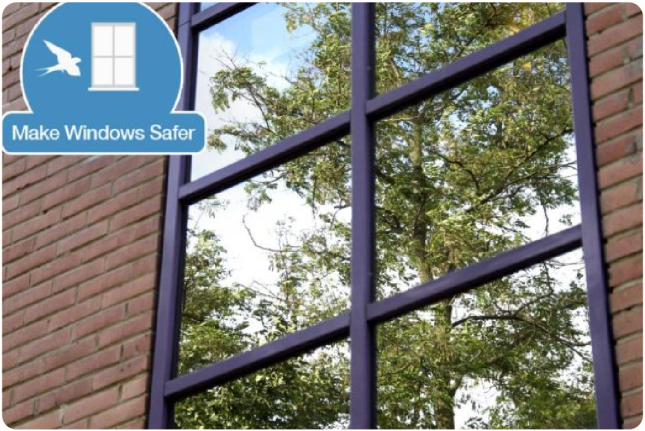
1. Make windows safer night and day.
Facts: Researchers estimate that up to 1 billion birds die each year due to collisions with windows due to seeing their reflections in the window and lights drawing them in at night.
What you can do: On the outside of windows place fine filament screens, decals, or strings to break up the reflections (https://abcbirds.org/get-involved/bird-smart-glass/). Help pass the Bird-Safe Buildings Act (https://abcbirds.org/action/petition-bird-safe-buildings).
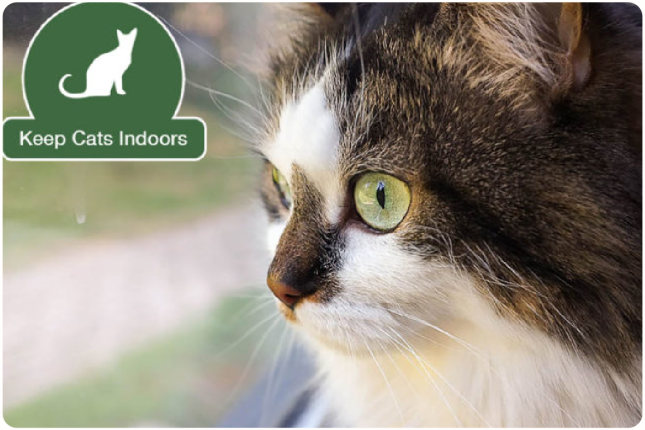
2. Keep cats indoors
Facts: Cats kill approximately 2.6 billion birds annually in North America. The culprits are both feral and pet cats.
What you can do: Keep your pet cats indoor where they are better protected, as are our birds (https://abcbirds.org/catio-solutions-cats/). Also speak out about the impact of feral cats in your community.
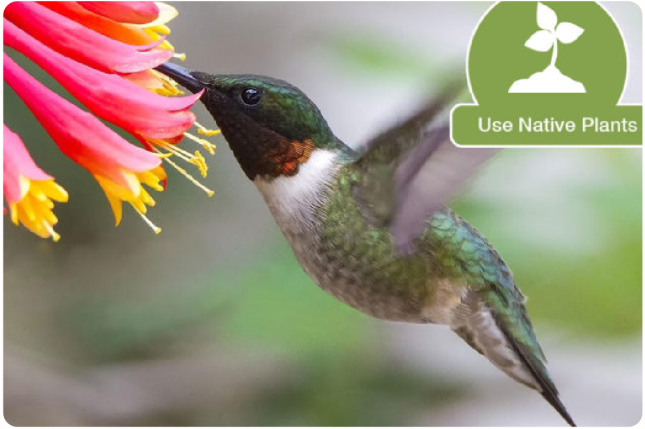
3. Reduce your lawn and add native plants
Facts: As more land becomes developed, shelter and food for birds is greatly diminished; we lost over 10 million acres to development between 1982 and 1997 alone.
What you can do: Reduce your grassed areas and pavement (and then you don’t have to spend so much time mowing!) and make natural areas full of native plants; this will provide more area for nesting and shelter for birds and sources of food such as nectar, seeds, berries, and insects (https://www.audubon.org/native-plants).
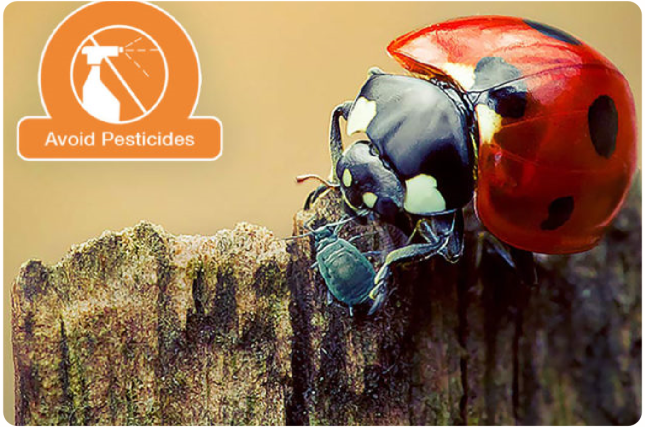
4. Avoid pesticides
Facts: More than one billion pounds of pesticides are used in the United States each year, proving fatal to birds and the insects they eat.
What you can do: Reduce use of pesticides in your garden and home; eat organic food for the health of your family (https://www.ewg.org/foodnews/summary.php). Urge your legislators to support legislation that limits use of pesticides.
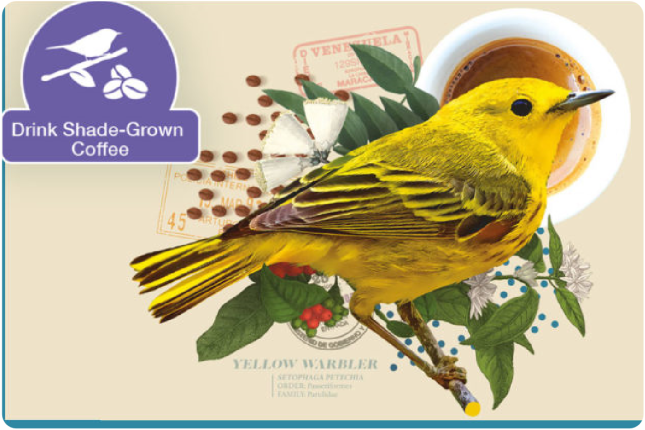
5. Drink shade-grown coffee
Facts: Coffee grown in the sun frequently requires use of environmentally harmful pesticides and fertilizers while coffee grown under the forest canopy preserves trees and supports migratory birds.
What you can do: While environmentally sustainable coffee may be somewhat more expensive, it is delicious, economically beneficial to farmers, and helps migratory birds (https://nationalzoo.si.edu/migratory-birds/where-buy-bird-friendly-coffee). Encourage your local coffee shops and grocers to offer shade-grown coffee.
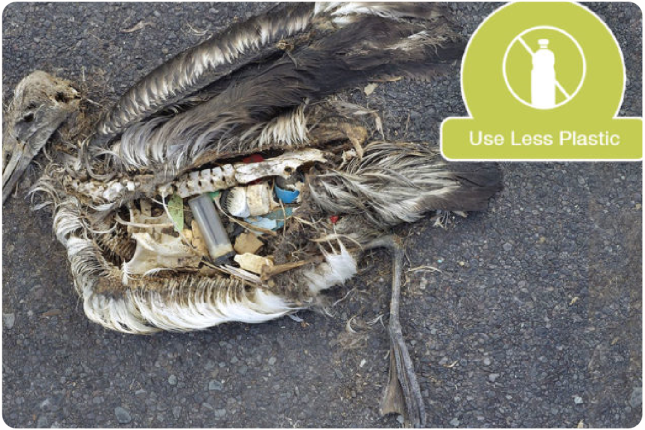
6. Protect our planet from plastic
Facts: Our landfills are polluted with 4,900 million metric tons of plastic which harm seabirds, whales, and turtles that eat it and get entangled in it.
What you can do: Avoid single-use plastic bags, straws, bottles, and utensils. Use reusable bags and recycle as much as possible (https://www.audubon.org/news/eight-easy-ways-reduce-your-plastic-waste).
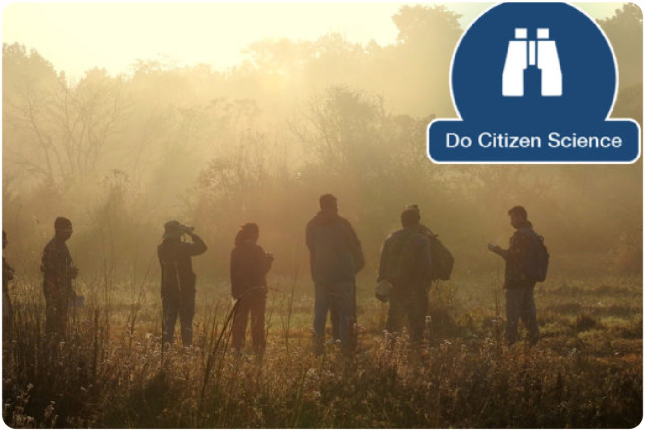
7. Watch birds and Share what you see
Facts: Scientists are working diligently to track and monitor the 10,000 species of birds in the world to detect those that are endangered and how we can support our bird populations.
What you can do: Scientists need your help to report what they’re seeing in backyards, neighborhoods, and wild places around the world. This information helps scientists have enough timely data to show where and when birds are declining around the world. Participating in projects such as eBird, Project FeederWatch, Christmas Bird Count, Breeding Bird Survey, or the International Shorebird Survey help scientists know where birds are thriving, where they are adapting, and where they need help (https://www.birds.cornell.edu/home/citizen-science-be-part-of-something-bigger).

